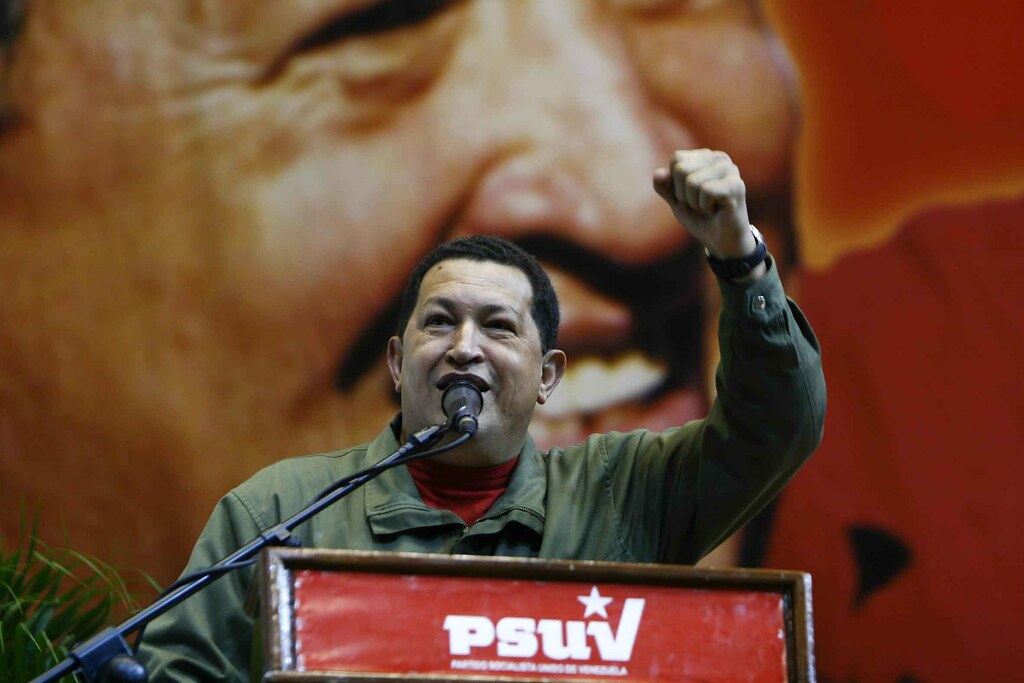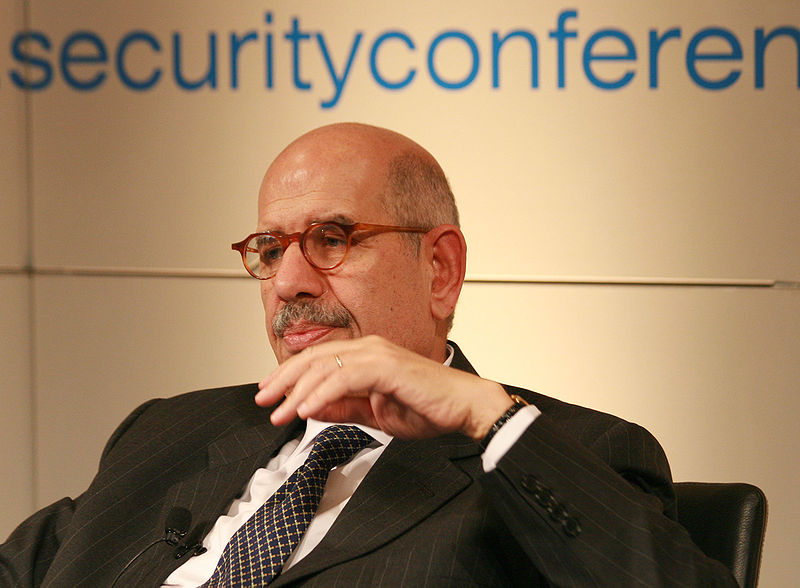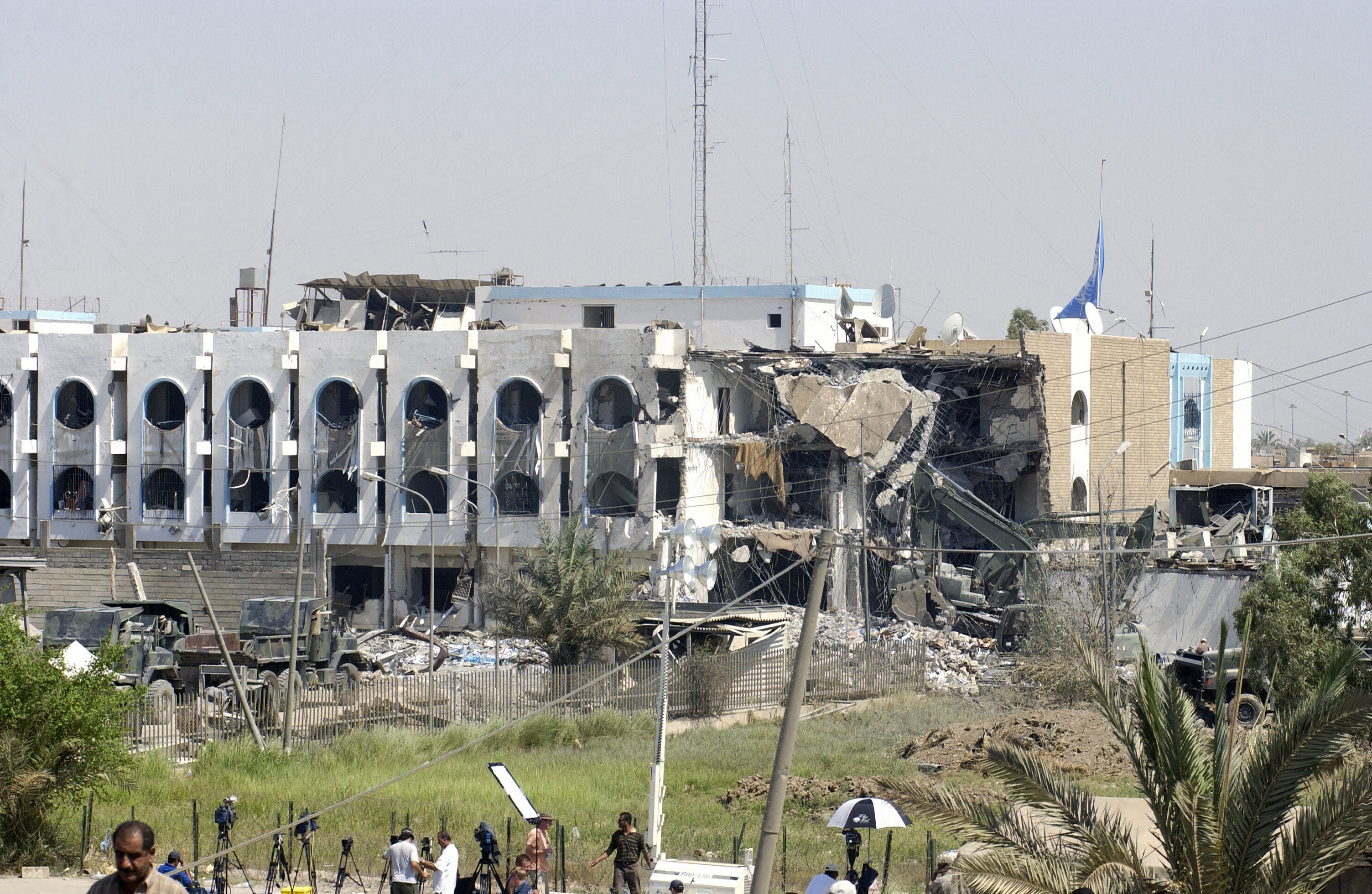Azubuike Ishiekwene: Mo Ibrahim’s Red Card
 Sudanese multibillionaire Mo Ibrahim said his foundation’s decision to withhold the 2009 African Leadership Prize, now in its third year, was not an act of disrespect. It would have been nice to hand out in November in Tanzania the prize of $5 million (with promissary notes of $200,000 for life after that). But what do you do when the candidates fall short? The news headlines across the continent echo surprise, indifference and sadness, but they downplay the two biggest questions—why and what next?
Sudanese multibillionaire Mo Ibrahim said his foundation’s decision to withhold the 2009 African Leadership Prize, now in its third year, was not an act of disrespect. It would have been nice to hand out in November in Tanzania the prize of $5 million (with promissary notes of $200,000 for life after that). But what do you do when the candidates fall short? The news headlines across the continent echo surprise, indifference and sadness, but they downplay the two biggest questions—why and what next?
It’s no laughing matter that two favorites for the prize—John Kufuor of Ghana and Thabo Mbeki of South Africa—failed to make the grade. Kufuor’s personal aide told a radio station in Ghana that the former president had no regrets. That is regrettable. In many respects, Ghana and South Africa under the leadership of Kufuor and Mbeki had been held up as shining examples to the rest of Africa. Both countries seemed to rate well on such criteria as good governance and democratic handover of power—key requirements for the prize.
For nearly eight years, Ghana ran a largely transparent and accountable government, investing heavily in economic reforms. Kufuor’s party, the New Patriotic Party, lost the last general elections not because the government had become wayward and badly corrupt—common vices on the continent—but largely because the pains of reform had been intensified by the government’s slow and confused response to the fallout from higher energy prices. Angry voters who felt they had been taken for granted lost their patience and voted for the opposition in the January 2009 runoff.
For its part, South Africa seemed to be doing well, especially given that country’s difficult post-apartheid legacy. Under Mbeki, though unemployment and crime remained major challenges, the economy was robust, posting an annual growth rate of 4.5 percent, while foreign investment surged, at least through the last quarter of 2006. Mbeki’s downfall could be laid first to his own obtuse style, and later, to his own party, which ousted him in a palace coup.
Given these achievements, therefore, it would appear that the top contenders, Kufuor and Mbeki, had been judged harshly when they were denied the African Leadership Prize, or that the award committee had been too idealistic in setting the bar this last round. What exactly was the committee looking for? I don’t think it was looking for angels. But if we consider objectively the key values of good governance and democratic handover of power, it clearly would have been difficult for either Kufuor or Mbeki to step forward for a leadership prize.









